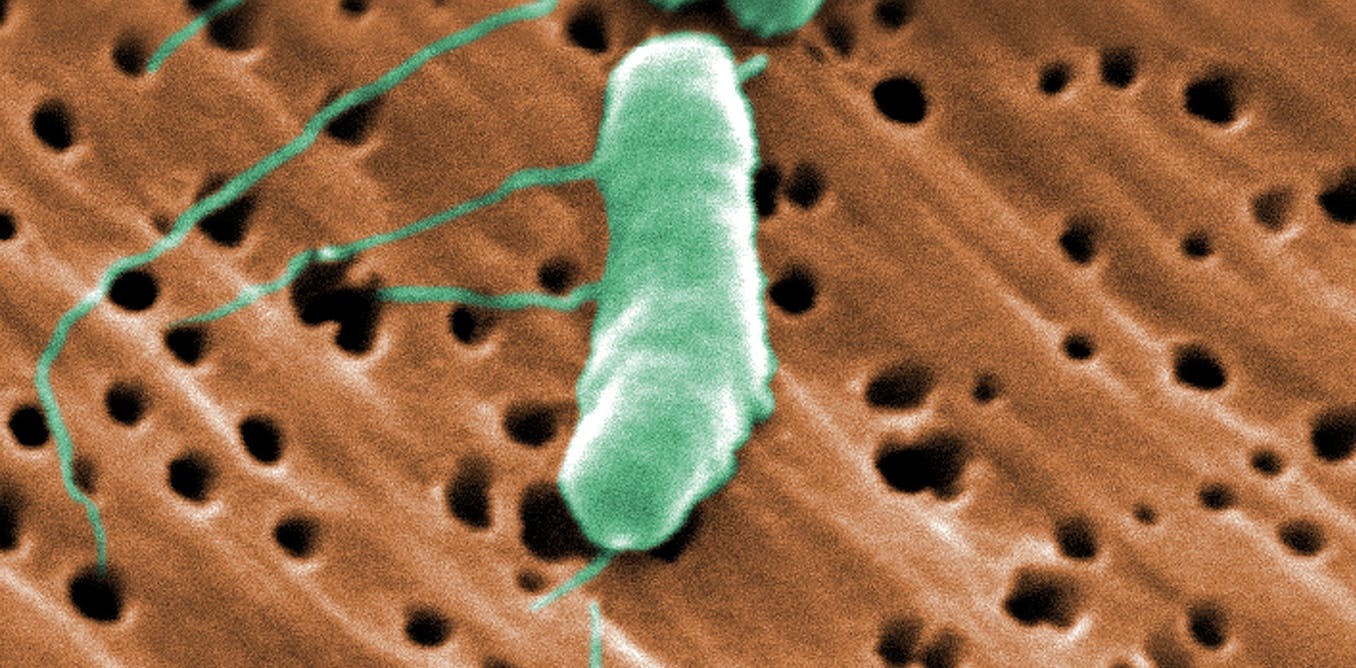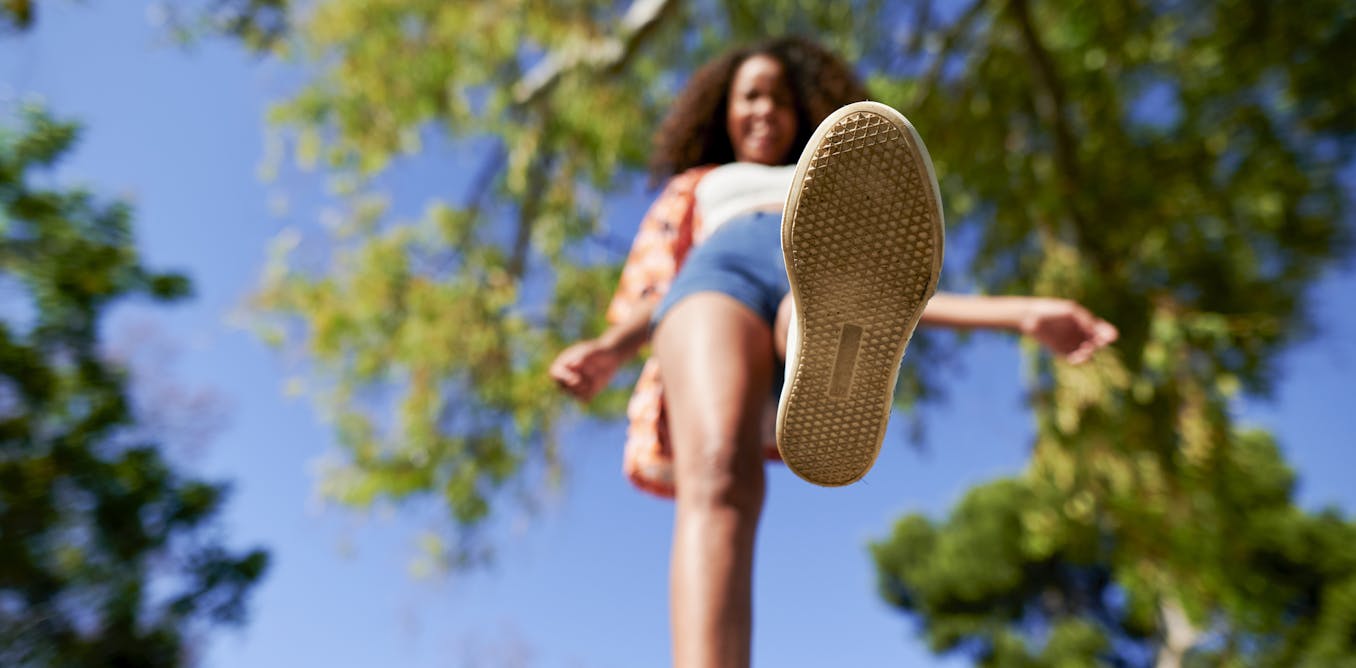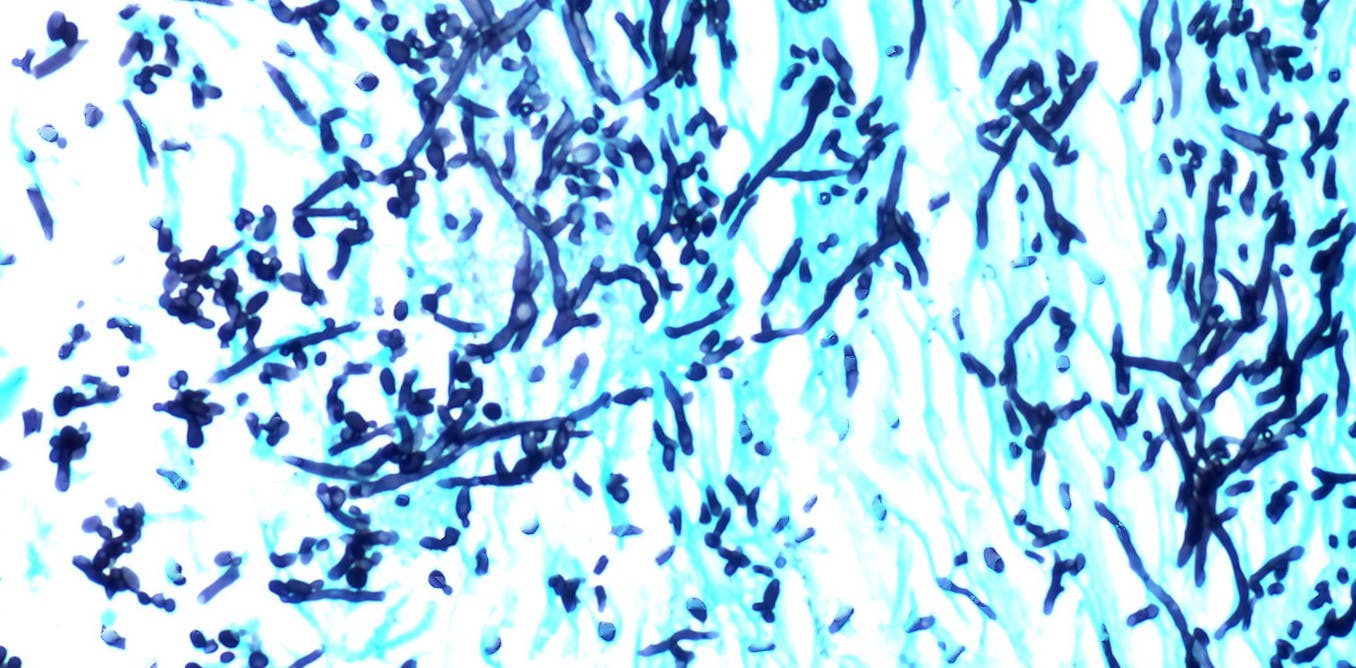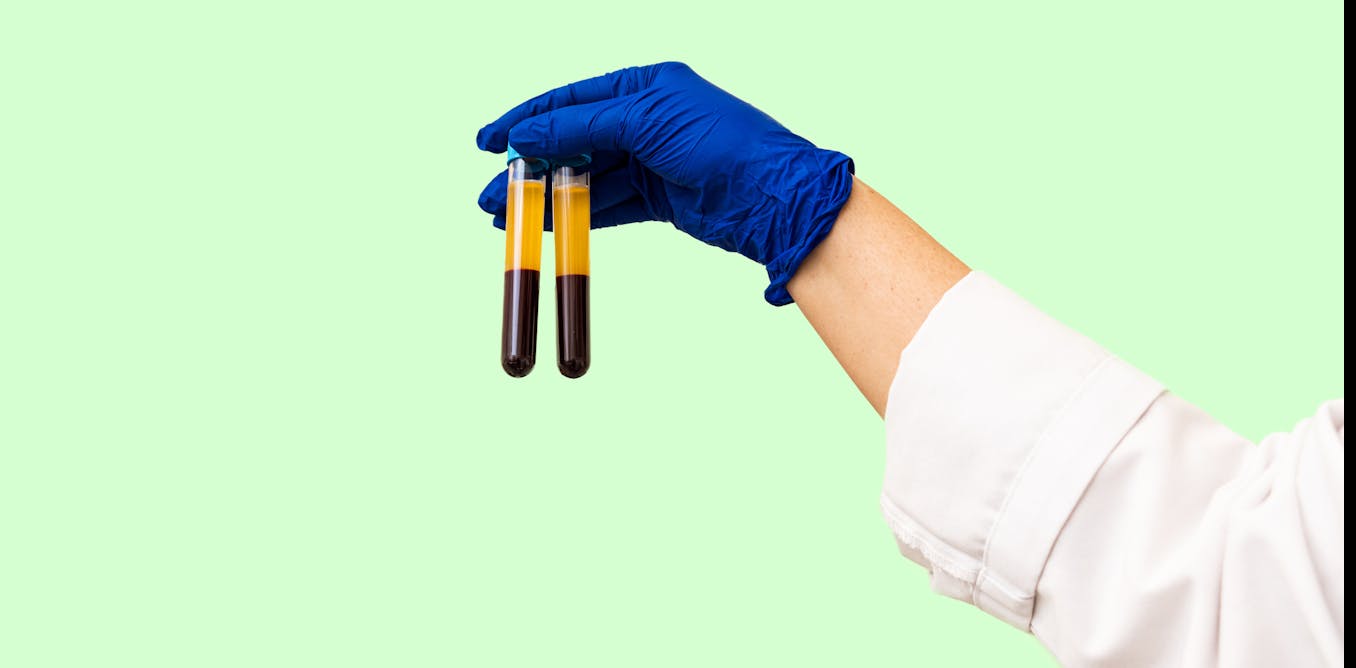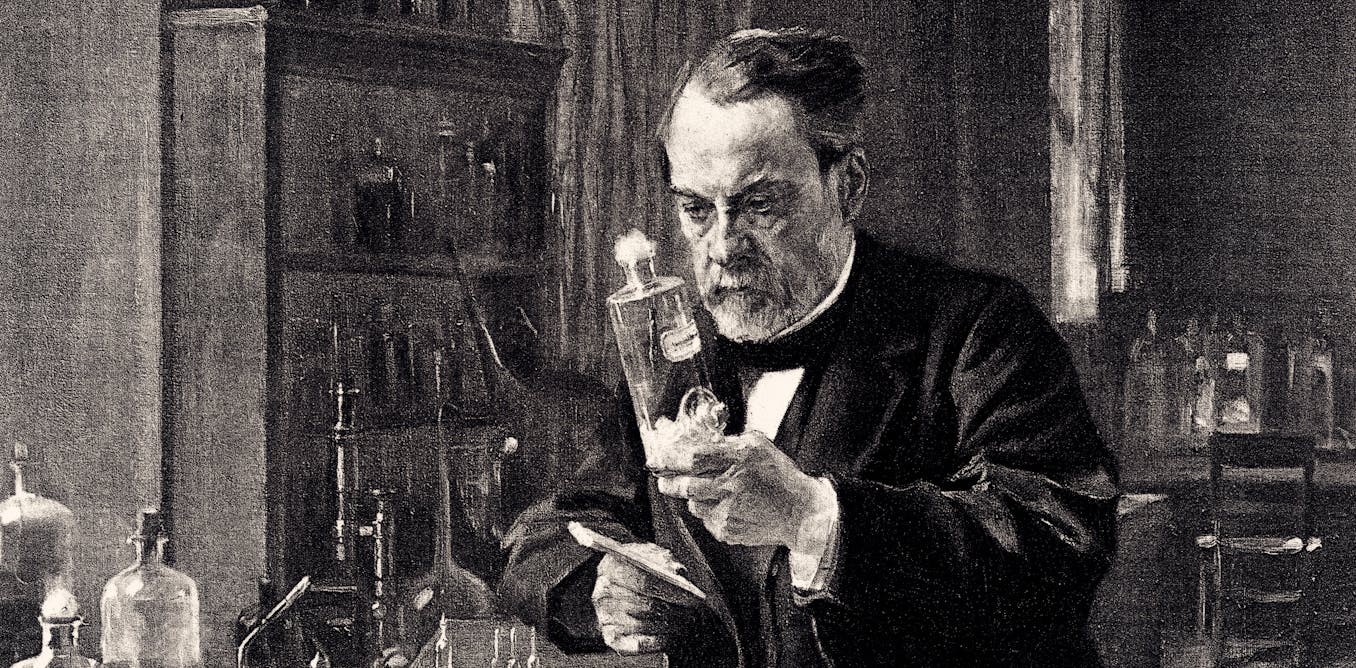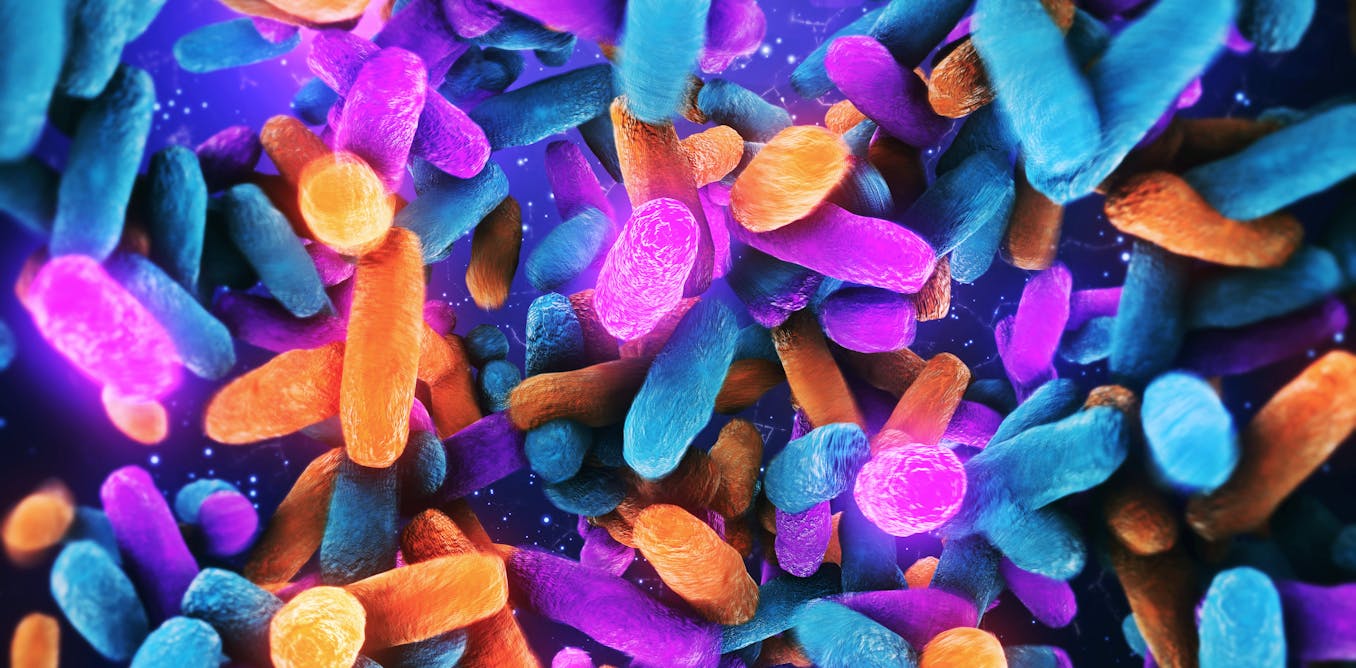Flesh-eating bacteria infections are on the rise in the US − a microbiologist explains how to protect yourself
Warmer ocean waters are fueling the spread of the bacteria Vibrio vulnificus. Infections can lead to a rare but fatal condition called necrotizing fasciitis.
Sept. 25, 2023 • ~6 min

